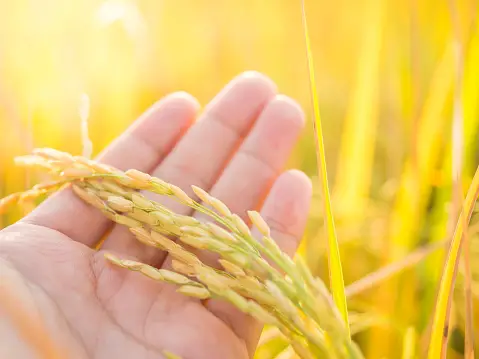In a thought-provoking piece that originally graced the pages of Green Futures, the leading magazine dedicated to environmental solutions and sustainable futures, Jonathon Porritt takes a critical look at the government’s response to the looming issue of food security. While acknowledging the “creative” aspects of their approach, Porritt refuses to turn a blind eye to a crucial omission – the failure to address population issues.
Sir John Beddington’s “perfect storm” hypothesis, predicting a catastrophic impact on the global economy by 2030 due to escalating demands for energy, water, and food, resonated strongly with the public. However, Porritt questions the distant timeline, citing the recent spikes in oil and food prices as indicators of a more immediate crisis. As oil breaches the $100-a-barrel mark and grain prices soar, concerns over China’s drought-affected wheat-growing areas and the potential repercussions on global food supply intensify.
The UK’s Government Office for Science attempts to address these concerns with its report on The Future of Food and Farming, aiming to chart a course for sustainable and equitable food provision for a projected global population exceeding 9 billion. Porritt applauds the report’s emphasis on reducing food waste and its openness to scientific advancements, including the controversial endorsement of genetically modified crops.
Notably, the report introduces the concept of “sustainable intensification” as a holistic policy approach. Contrary to conventional views that see sustainable and intensive agriculture as opposites, the report suggests that increasing efficiency and minimizing environmental impacts are vital for meeting growing food demands. Inspirational case studies from Africa showcase successful applications of sustainable intensification.
However, the report is not without its shortcomings. It falls short on advocating for a balance between global supply chains and local self-reliance, displays naivety regarding concentration in the food industry, and falters in addressing meat consumption responsibly. Yet, these issues pale in comparison to its glaring oversight – the avoidance of meaningful discourse on population growth.
Despite featuring a “Driver Review” on population, Porritt criticizes the report for its lack of editorial commentary and policy recommendations on the issue. In a year where the global population surpasses 7 billion, the report’s seemingly agnostic stance on the impact of population growth on food security is bewildering.
Ironically, the report underscores the pivotal role of women in achieving sustainable intensification, particularly in the developing world where women constitute a significant portion of the agricultural workforce. Porritt supports the report’s call for eradicating gender-based discrimination and promoting women’s status but questions the omission of women’s reproductive rights from the discourse.
In conclusion, Porritt applauds the report for connecting various factors related to food security but condemns its reluctance to acknowledge the undeniable link between food security and population growth. The omission, according to Porritt, reflects the persistence of a taboo that society hesitates to confront. Jonathon Porritt, Founder Director of Forum for the Future and author of Living Within Our Means, challenges us to break the silence and address the critical intersection of food security and population dynamics.





